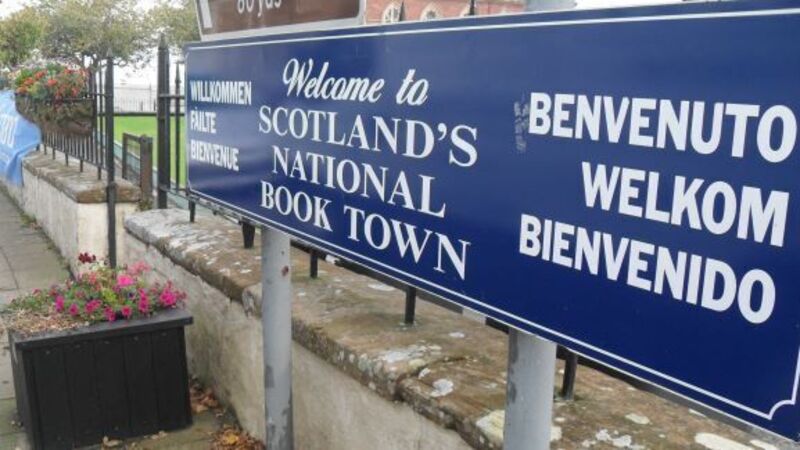A good sign for books: the village dedicated to them

WIGTOWN village has a defining characteristic. It is home to Scotland’s largest bookshop and it hosts the Wigtown Book Festival.
For one week in October, lovers of books migrate here to listen to readings, eat haggis and discuss the latest literary offerings.











